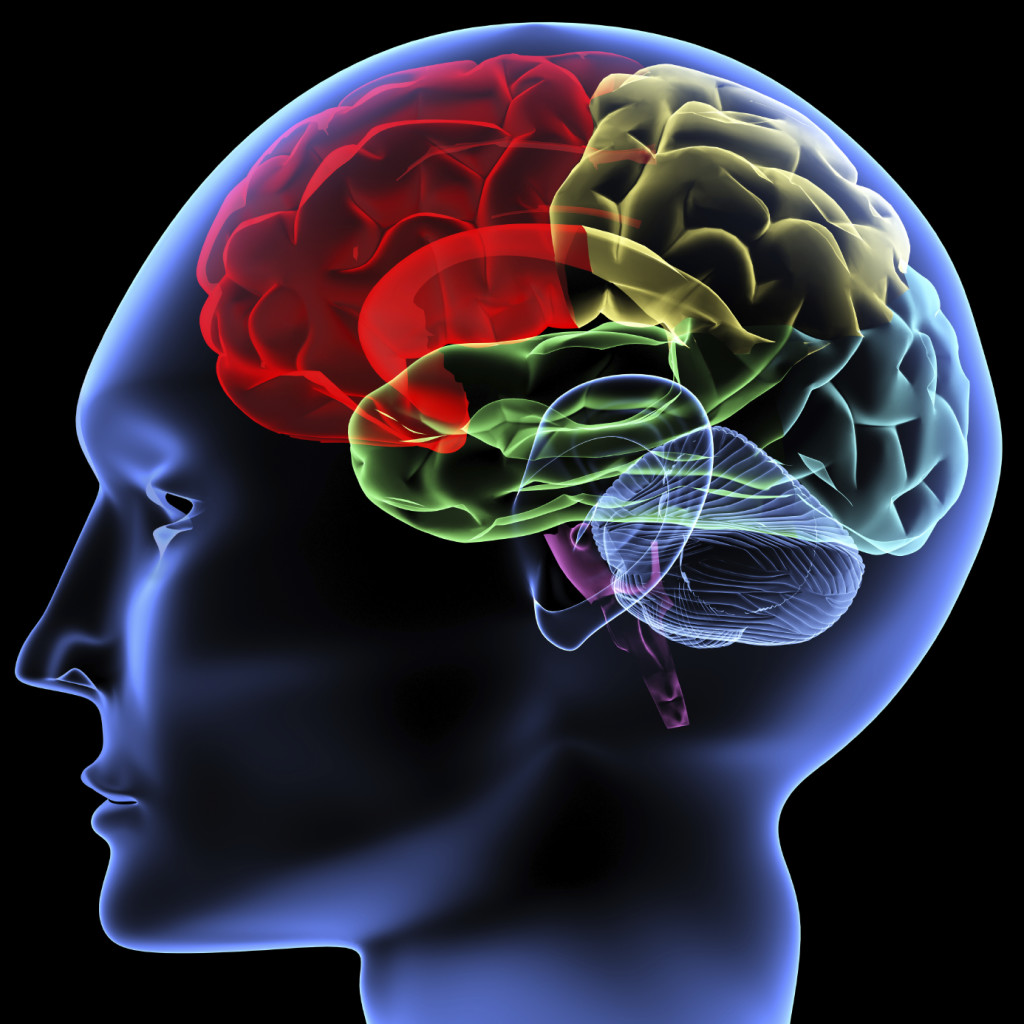
NOT REALLY SPECIAL?
Researchers have debunked many of the (previously) well-established beliefs related to how the human brain is “special.”
For example, neuroscientist Suzana Herculano-Houzel found that the number of neurons relative to the human brain size is consistent with other primates. She also found that the cerebral cortex, which is responsible for cognitive learning, isn’t uniquely large. Indeed, it holds around 20 percent of all our brain’s neurons, and we see similar proportions in other mammals.
The research doesn’t stop there, either.
Other scientists have found that traits believed to be unique to humans also exist in other members of the animal kingdom. Monkeys, for example, have a sense of fairness. Chimps engage in war with neighboring groups and rats show altruism and exhibit empathy. Another study that was recently published found that macaques and humans share brain areas responsible for processing the basic structures of language.
So ultimately, the idea that our brains are “special” has been thoroughly debunked; however, as is true of all species, there are many ways in which we are different from the rest of the animal kingdom. In humans, the uniqueness lies in our genes and our ability to adapt to our surroundings. Two recently published studies add new insights.
UNIQUE GENETIC SIGNATURES
Humans are similar to other animals on the genetic level. We share more than 90 percent of our DNA with our closest relatives – chimpanzees, bonobos and gorillas. In fact, mice and humans also share many of the same genes, which is the reason why scientists use mice to study many human diseases. Studies, however, have revealed that the way in which genes, the segments of DNA that code for specific proteins, are expressed can be quite different among humans and other animals.
The rise of more robust data collection techniques now allows scientists to unravel these more nuanced differences and determine the exact ways that humanity stands apart.
For example, scientists at the Allen Institute for Brain Science have come up with detailed atlases of the expression patterns of thousands of genes in various species, including those of adult mice and human brains. In a study published in Nature Neuroscience, researchers used these immense data sets to look for the patterns of gene expression that are shared within the human population.
Ultimately, they identified 32 unique signatures within 20,000 genes that appear to be shared across 132 brain regions in six individuals. This unique genetic code may help explain our distinctly human traits.
Another new study published in Proceedings of the National Academy of Sciences revealed that human brains may be less genetically inheritable, and therefore more plastic, than those of our closest ancestors, the chimpanzees. Plasticity may be what underlies the specific differences in our brain that lead to unique cognitive abilities.
Anthropologist Aida Gómez-Robles and her colleagues at The George Washington University, compared the effect of genes on brain size and organization in 218 human and 206 chimpanzee brains. They discovered that, although brain size was highly heritable in both species, the organization of the cerebral cortex, especially in areas involved in higher-order cognitive functions, was much less genetically controlled in humans than in chimps. One possible explanation for this difference is that because our brains are less developed than those of our primate cousins at birth, it creates a longer period during which we can be molded by our surroundings.
The coming years will likely open even more doors in our understanding of the human brain. These findings will, hopefully, allow us to better understand why we became the dominant species and why we function the way that we do. Ultimately, they could also allow us to better manipulate the brain, correct diseases, and – perhaps – enter into a new era of humanity.